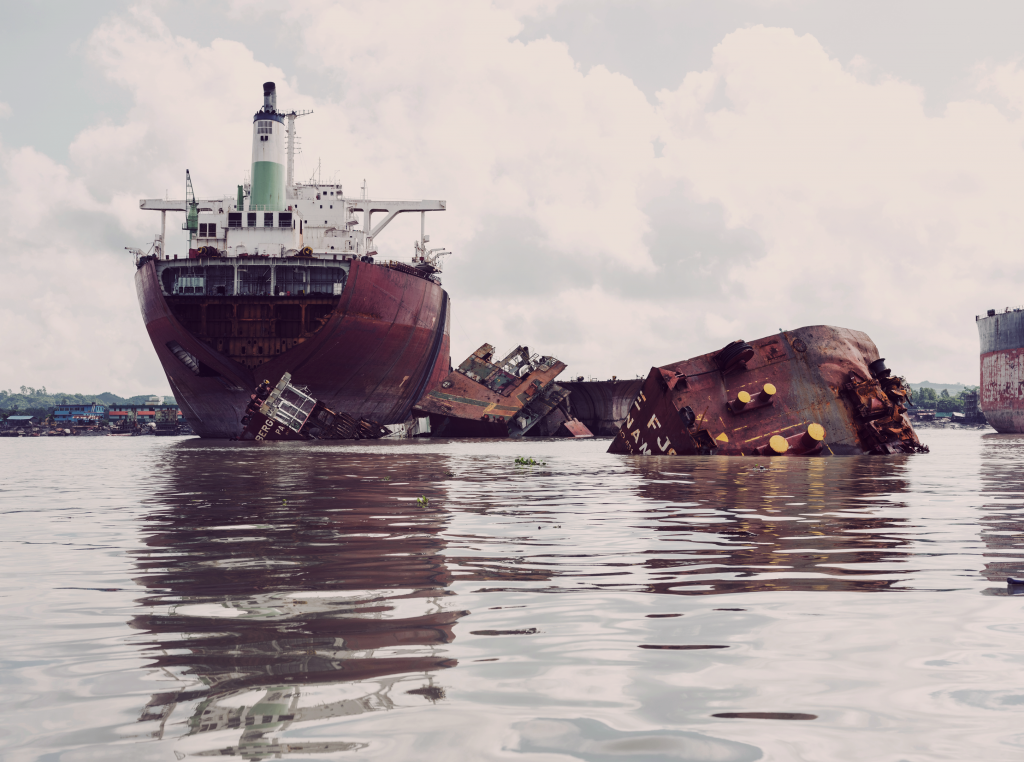Shipowner Holland Maas Scheepvaart Beheer was recently ordered by a Dutch court to pay the hefty sum of EUR 3.1 million for sending a vessel to an Indian shipbreaking yard in 2013. The ruling follows a criminal investigation involving multiple EU countries after the incident came to light several years ago.
The large container ship ended up at the notorious Alang beaching facility, where it was broken up under conditions that contravened the Hong Kong Convention. Holland Maas received an estimated EUR 2.1 million from the sale.
Forty shipbreaking workers died at Alang last year and the prosecutor argued that beaching ‘causes serious damage to the environment and exposes the health of workers and the local population to grave danger’. Holland Maas has pledged never to allow any of its vessels to be beached again.
Who offers the highest price?
The combined fine and settlement is intended to deter other companies from supporting sub-standard practices in southeast Asia. By selling to cash buyers in Bangladesh, India and Pakistan, ship owners can get up to US$ 440 light displacement tonnage (LDT). This is much more than the US$ 240 LDT they are currently offered by ship recyclers in Turkey and a long shot from the US$ 125 paid by EU parties.
Neither the first nor the last
This ruling marks the second anti-beaching case to result in a heavy fine. Last year, a Dutch court ordered shipowner Seatrade to pay a US$ 925 000 fine for selling a ship to a cash buyer in Asia for beaching. Two company executives were also banned from participating in the shipping industry for a year. In January, a Bangladesh shipbreaker was fined US$ 280 000 for scrapping a vessel on the tourist Parki beach.
Finally facing responsibility
‘It is very encouraging to see that ship owners are being held accountable for the trafficking of toxic ships,’ says Ingvild Jenssen of the NGO Shipbreaking Platform. Speaking at the recent Ship Recycling Conference in Amsterdam, she praised Dutch shipping firm Boskalis, German business Hapag Lloyd, and Scandinavian companies Wallenius-Wilhelmsen and Grieg for following strict recycling policies ‘that clearly rule out beaching’.
In Jenssen’s view, the Netherlands is taking a ‘leading position’ on tackling the illegal trafficking of ‘toxic ships’. As a result, more investigations are underway in other European countries, including the Harrier case in Norway and the North Sea Producer case in the UK.
The full shipbreaking conference review will be published in the upcoming issue of Recycling International.

Don't hesitate to contact us to share your input and ideas. Subscribe to the magazine or (free) newsletter.



